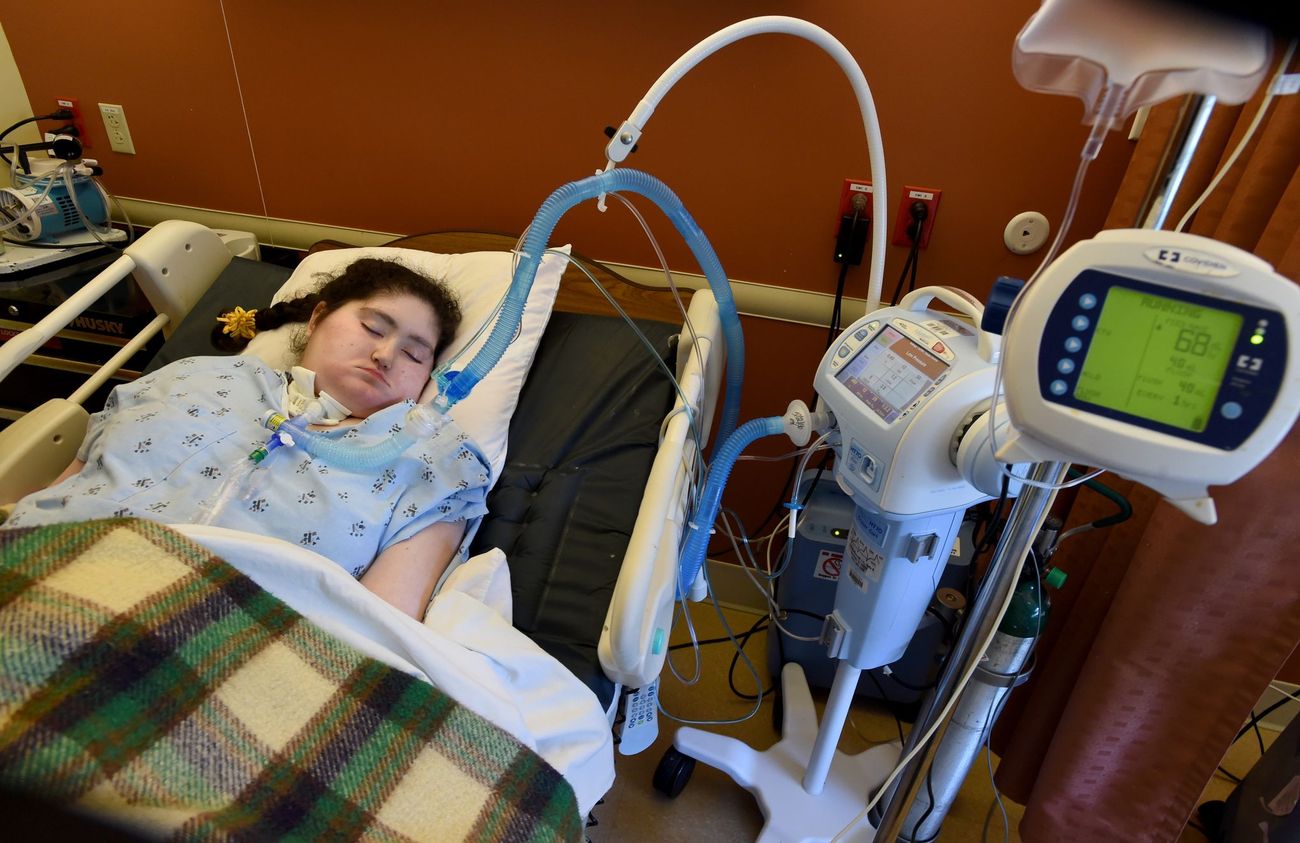
Brain death is a term that often sparks confusion and concern. What does brain dead mean? Brain death occurs when all brain activity ceases permanently. This condition differs from a coma or vegetative state, where some brain functions might still be present. Understanding this term is crucial, especially in medical and ethical discussions. It’s not just about the absence of consciousness; it’s about the complete and irreversible loss of brain function. Knowing the facts can help in making informed decisions during critical moments. Let's dive into eight essential facts about brain death to clear up any misconceptions and provide clarity.
Understanding Brain Death
Brain death is a complex and often misunderstood topic. It’s crucial to grasp what it means and its implications. Here are some eye-opening facts about brain death that will help clarify this medical condition.
-
Brain Death is Irreversible
Brain death occurs when all brain activity ceases permanently. Unlike a coma or vegetative state, brain death is irreversible. No recovery is possible because the brain has lost all functions, including the brainstem, which controls essential life-sustaining activities like breathing. -
Legal Definition of Death
In many countries, brain death is legally recognized as death. This means that once a person is declared brain dead, they are considered legally dead even if their heart is still beating with the help of machines. This legal recognition is crucial for decisions regarding organ donation and the discontinuation of life support.
Medical Criteria for Brain Death
To declare someone brain dead, doctors follow strict medical criteria. These criteria ensure that the diagnosis is accurate and reliable.
-
Multiple Tests Required
Diagnosing brain death involves a series of tests to confirm the absence of brain activity. These tests include checking for the absence of brainstem reflexes, no response to pain, and no spontaneous breathing. Additional tests like an electroencephalogram (EEG) or cerebral blood flow study may be used to confirm the diagnosis. -
Observation Period
An observation period is often required to ensure that the condition is not temporary. This period can vary but typically lasts several hours. During this time, doctors monitor the patient to confirm that there is no brain activity and that the condition is irreversible.
Ethical and Emotional Aspects
Brain death brings up many ethical and emotional issues for families and healthcare providers. Understanding these aspects can help navigate this challenging situation.
-
Organ Donation
Brain-dead patients are often candidates for organ donation. Since the heart can still be kept beating with machines, organs remain viable for transplantation. This can save multiple lives, providing a silver lining in a tragic situation. -
Family Consent
Families must often give consent for organ donation and the discontinuation of life support. This can be an incredibly emotional decision, as they must come to terms with the fact that their loved one is legally dead even though their body may still appear alive.
Common Misconceptions
There are many misconceptions about brain death that can lead to confusion and misinformation. Clearing up these misunderstandings is essential.
-
Not the Same as Coma
Brain death is not the same as a coma. In a coma, a person is unconscious but may still have some brain activity and the potential for recovery. Brain death, however, means that all brain activity has ceased permanently, with no chance of recovery. -
Machines Can't Revive Brain Function
Life support machines can keep the heart and lungs functioning, but they cannot revive brain function. Once brain death is declared, no medical intervention can bring back brain activity. This underscores the finality of the diagnosis and the importance of understanding what brain death truly means.
Final Thoughts on Brain Death
Brain death is a complex topic that touches on medical, ethical, and emotional aspects. Understanding brain death helps clarify the difference between a coma and a persistent vegetative state. It's crucial to know that brain death means the complete and irreversible loss of all brain function, making recovery impossible. This knowledge can guide families through tough decisions about organ donation and end-of-life care. Recognizing the signs and criteria for brain death ensures that medical professionals can provide accurate diagnoses and appropriate care. By spreading awareness, we can foster informed discussions and compassionate choices. Brain death, while a difficult subject, is an important one that affects many lives. Stay informed, ask questions, and support those navigating this challenging journey.
Was this page helpful?
Our commitment to delivering trustworthy and engaging content is at the heart of what we do. Each fact on our site is contributed by real users like you, bringing a wealth of diverse insights and information. To ensure the highest standards of accuracy and reliability, our dedicated editors meticulously review each submission. This process guarantees that the facts we share are not only fascinating but also credible. Trust in our commitment to quality and authenticity as you explore and learn with us.
